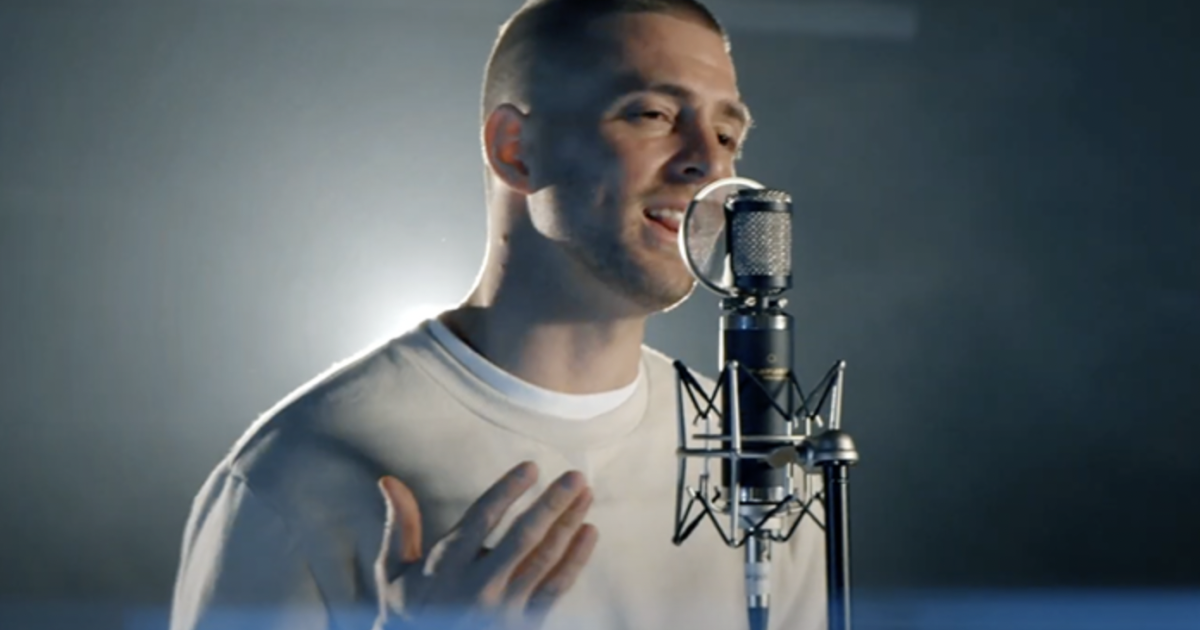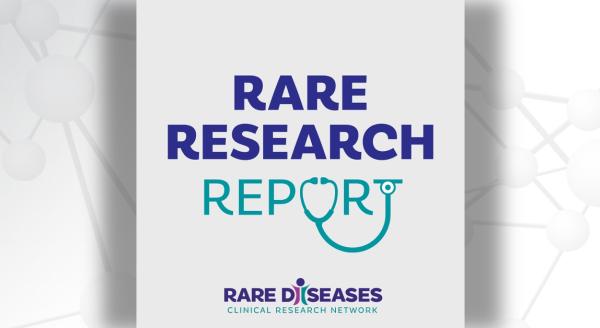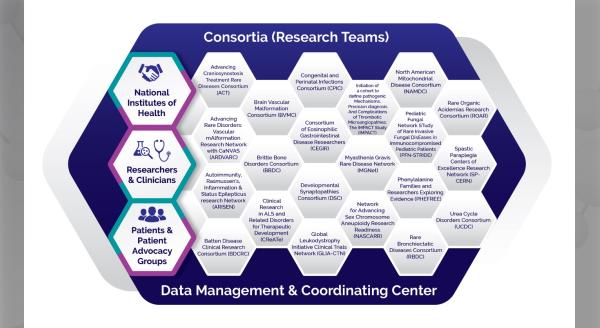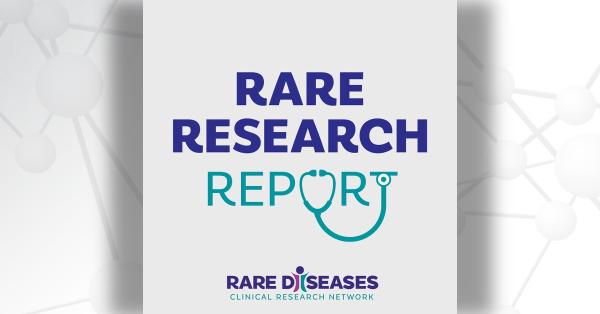The NCATS Rare Diseases Are Not Rare! Challenge aims to raise awareness of rare diseases in novel and creative ways. Led by the NCATS’ Office of Rare Diseases Research (ORDR), the Challenge encourages collaboration between rare disease patients, families, advocacy groups, doctors, researchers, and community members.
Here, we learn more about 2020 Challenge winner Jacob Thompson, an inspirational speaker, spoken word poet, and hip-hop artist. Thompson’s entry, “Keep on Fighting,” is a spoken word performance to encourage those who are challenged, whether with rare disease or in general, and to raise awareness for rare diseases.
How has rare disease research made an impact on your life?
“Though I am prepared for any future, the thought of receiving treatment gives me hope for a brighter future—a future where I can walk with my wife and play with our children.”
Before rare disease research could impact my life, rare disease had to. Growing up, I was an athlete and aspired to play a sport in college, as my dad and grandfather had done. Toward the end of high school, I began having trouble performing athletically at a high level. I was getting weaker and slower with no explanation. This went on for years until I was finally diagnosed with Friedreich's ataxia (FA).
Being told as a young man that I was likely to end up in a wheelchair and have a shortened life expectancy was hard to receive. I went from being in denial to feeling hopeless. Through my faith in Christ, I believe that God has a purpose for my life, whether it is long or short, mobile, or in a wheelchair. Having an eternal perspective gives me strength to persevere daily and make the most out of my circumstances.
Recently, there have been promising advancements in FA research. Though I am prepared for any future, the thought of receiving treatment gives me hope for a brighter future—a future where I can walk with my wife and play with our children. My FA diagnosis has led me to learn more about rare diseases. There are so many that lack the research necessary to lead to a cure. I hope that I can advocate and raise awareness for rare diseases, leading to more research, more treatments, and more cures.

Why and how would you encourage people to get involved with rare disease research?
“There is no better time to start than right now.”
Rare diseases affect one in 10 people. Odds are that we all know someone with a rare disease. I believe that God calls us to care for those who are suffering, including those who are suffering from a rare disease. Getting involved is easy in this day and age of social media. Everyone has different gifts and abilities. Some may be able to fund major research projects. Others may be able to simply make a social media post with a "donate" button. Whatever you can do, I would encourage you to do it. There is no better time to start than right now.
What makes you hopeful for the future?
“I am hopeful when I see support groups and virtual hangouts that connect people and help them realize that they aren't alone.”
I am hopeful when I see the many people advocating for rare diseases on social media and the many organizations dedicated to research. I am also hopeful when I see support groups and virtual hangouts that connect people and help them realize that they aren't alone. My ultimate hope comes from believing in an eternity where there is no more sickness, pain, or suffering.
Thompson will share his story at Rare Disease Day at NIH 2021, which will be held virtually on March 1, 2021. Tune into the videocast at 11:20 AM EST to hear more about how Thompson’s diagnosis is part of his destiny.






